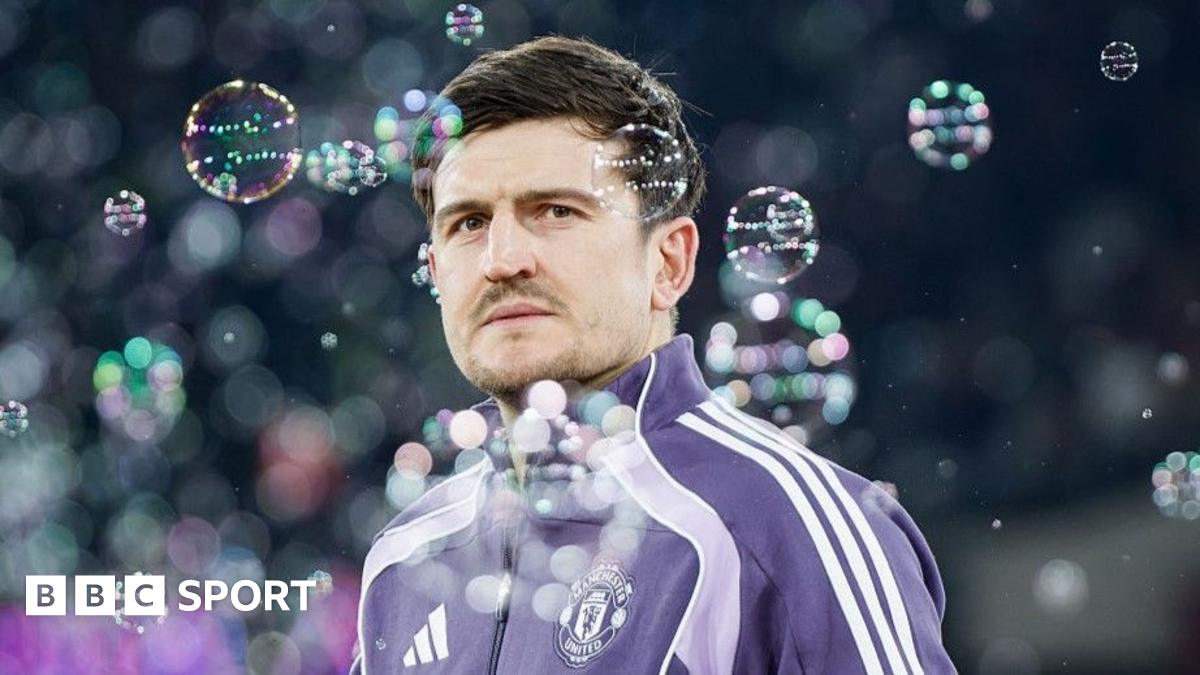Harry Maguire: Why Man Utd fans should be glad if defender stays
The ‘taking for granted’ aspect of Carrick’s answer was telling.
The former United and England midfielder knows the sacrifices needed to excel at the very highest levels of the game. He also knows the demands that are placed on players’ bodies.
Mental strength is also key.
Beyond his ability, it is the kind of attitude that meant he put himself forward to be involved at Burnley, which makes Maguire so valuable to United.
It is why, as they approach a summer when Casemiro’s vast experience is going to be lost, it should be welcomed that multiple sources with an understanding of the situation believe a resolution will eventually be found to Maguire’s contractual situation that will allow him to remain at Manchester United at least for next season.
Nothing is agreed yet. Until it is, there remains the potential for Maguire to either agree a deal with another club – which, under freedom of contract regulations, he is entitled to do – or United back away.
But the mood music is upbeat.
Compromise is likely to be needed, on both salary – Maguire is one of United’s highest-paid players and Sir Jim Ratcliffe is determined to drive costs down – and maybe contract length.
But through Burnley, Brighton, City and beyond Maguire played for every single minute of the four-match winning streak Carrick started his spell in charge with.
The England defender has shown just how valuable he is at a time when Matthijs de Ligt remains sidelined for an indefinite period with a back injury, with no immediate sign of return.
Maguire does not only have experience and calmness. His communication is also crucial. He is demanding of those around him and is not scared to let team-mates know when they have fallen below the standards he expects.
His central defensive partnership with Lisandro Martinez has a familiarity about it too, which is a bit surprising given the pair have only started 16 times together in a two-man central defence since the Argentina international joined the Old Trafford outfit from Ajax in 2022.
The reasons for that are numerous. Amorim’s formation for a start. Before that, Erik ten Hag clearly did not feel Maguire was the kind of player he wanted, while Martinez has suffered some pretty hefty injuries.
There is also the knowledge their first two games together were the defeats by Brighton and Brentford that started Ten Hag’s reign.
They have won in 11 of the following 14 games they have started though, which suggests keeping them both fit could be the key to United’s Champions League qualification quest.
